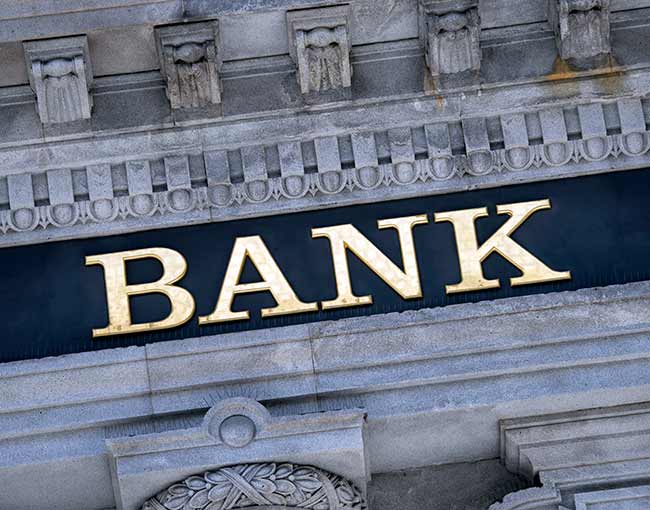The Office of the Comptroller of the Currency issued guidance this week stating that it will not approve any fintech national bank application that would “inappropriately commingle banking and commerce,” citing potential “anti-competitive effects and undesirable concentrations of economic power.”
This OCC policy position was explained in a draft Licensing Manual Supplement providing OCC guidance to fintech companies that are considering applying for a national bank fintech charter.
This OCC position appears to be a reiteration of the position of President Trump and Treasury Secretary Steven Mnuchin in connection with discussions on the potential reinstitution of a modern version of the 1933 Glass-Steagall Act prohibitions on mixing banking and commerce.
However, the OCC’s position is more directly focused on certain industry comments provided to the OCC regarding its fintech national bank chartering plans. These industry comments expressed community bank concerns that Walmart or other nonbank commercial entities could obtain a fintech national bank charter from the OCC.
Community bank concerns regarding Walmart bank
As many bankers recall, Walmart applied for a bank charter in 2005. The application triggered major pushback from the community banking industry, which eventually led to Walmart withdrawing the application. Community bankers feared that a Walmart bank would have an unfair competitive advantage over community banks and would use that advantage to price those banks out of existence. In short, the bankers feared a Walmart bank would do to community banking what they believe Walmart did to small town, independently owned retail businesses – put many of them out of business.
Banking law prohibitions and exceptions
Generally, nonbank commercial businesses like Walmart are not permitted under federal banking law to own banks. However, there are certain exceptions to this prohibition. The 2005 Walmart application intended to utilize one of those exceptions, which was for a nonbank commercial business to own a limited purpose “industrial loan bank.”
This exception was temporarily closed by the Dodd Frank Act in 2010, but is now again available, at least theoretically. Given the controversy surrounding industrial loan banks and the 2005 Walmart application, it is questionable whether any bank regulatory agency would move forward with a proposed nonbank commercial firm application to establish an industrial loan bank to utilize the restored exception.
However, as the OCC has acknowledged, its concept for a fintech national bank charter could involve a similar exception to allow nonbank commercial companies to own fintech national banks. The activities of the fintech bank would determine whether this exception would apply.
OCC position
Notwithstanding this potential exception, the OCC appears to be clarifying that it will not allow a limited purpose fintech national bank to be established by any nonbank commercial company. Based on the OCC’s draft guidance, the OCC may seek to implement its position by:
- declining to approve applications submitted to establish a fintech national bank under the control of a nonbank commercial company (such as Walmart); and
- requiring any approved fintech national bank to agree to charter conditions that would exclude controlling companies from engaging in nonbank commercial business activities.
Summary
A common concern expressed by economists and policy advisors regarding nonbank commercial firms owning banks is that those arrangements involve the potential for the banks to be more susceptible to failure due to financial and operational connections with the nonbank parent company. However, this specific concern over the mixing of banking and commerce has not always come to fruition, as illustrated by the fact that the FDIC reported only two industrial loan banks failed during the recent financial crisis.
Unlike these broader economic concerns, the primary concern of many community bankers with allowing nonbank commercial companies to own banks is the potential for the “anti-competitive effects and undesirable concentrations of economic power” referred to by the OCC, which apparently shares that concern.



